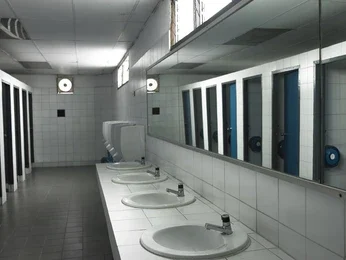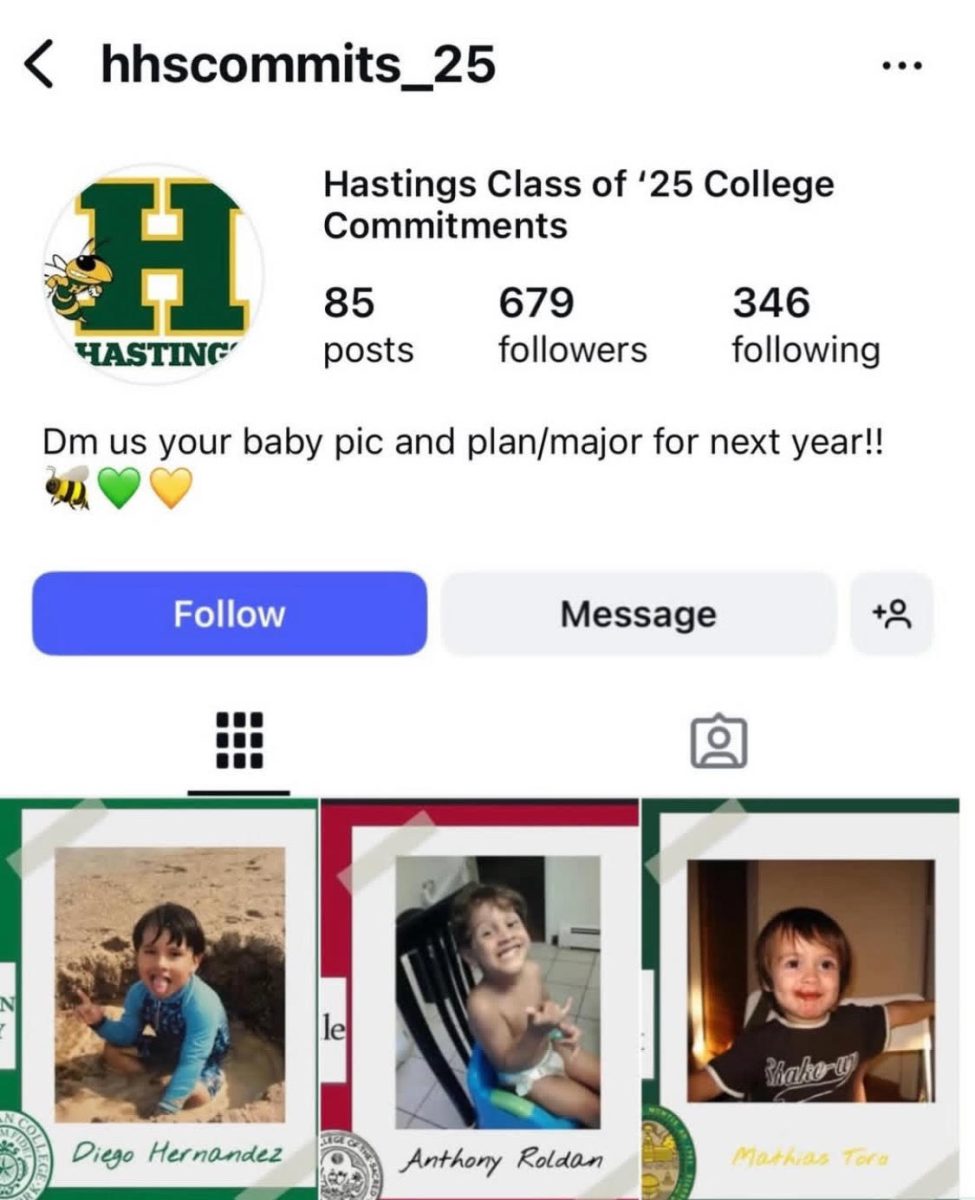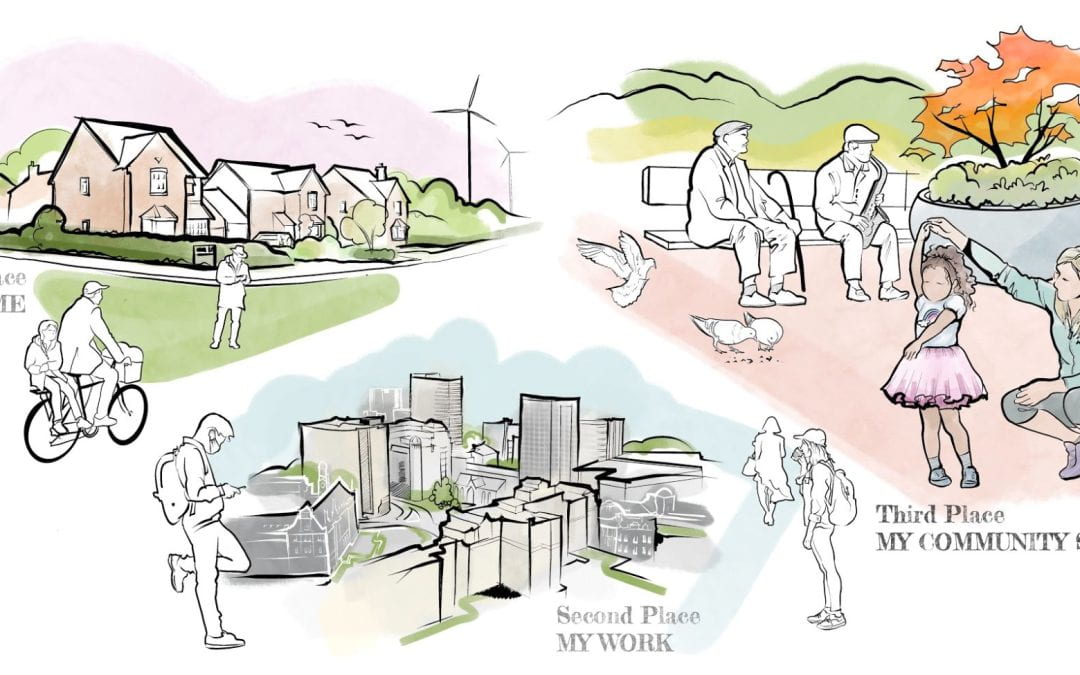What Virtual Learning has Taught us About School
October 12, 2020
 Virtual learning. How could those two words mean so much, and how have they informed the way students view school – the “place” where students collaborate, cry collectively over a test score, and connect with others through Scaps and Chipotle?
Virtual learning. How could those two words mean so much, and how have they informed the way students view school – the “place” where students collaborate, cry collectively over a test score, and connect with others through Scaps and Chipotle?
For Victoria Pereira, a sophomore, what school was and now is will never fully align again: “I don’t think school will ever be the ‘way it used it be’ before [the outbreak of SARS-CoV-2].” Yet, what she has taken from school has largely remained unchanged: “I think school – its meaning – hasn’t changed for me much. I think what school means to me is what I’m doing right now – just learning and growing my mind and receiving an education; it’s just receiving an education one way or another.”
Arden Pochna, a senior, resonated with Victoria’s sentiment, but with a reconciliation of what has been lost to the hands of this masked virus: “I think the value of school is obviously learning things and gaining an academic background, but also I think that school is really valuable for learning how to have social interactions and gaining a social life around school. It’s kind of been hard having that aspect of school taken away because we can’t really socialize virtually.”
Elianna, a freshman, said that “school is a safe space where students learn the importance of friendship, cooperation, and making mistakes. It’s an environment to learn, gain knowledge, and socialize Since virtual learning, school has become more about overcoming obstacles and working as a team than ever.
Catie Cho, a sophomore, also noted that “what surprised me the most [about virtual learning] is how easy it is to just zone out. Line in in-person school, you’re constantly engaged, even if you’re not strictly paying attention to the teacher. In online school, it’s so easy to just mute your computer and look at your phone for the entire day. And then you don’t learn anything and it sucks.”
Victoria added that lacking structured extracurricular activities for so long initiated the disappearance of a “base where people could discuss things that we felt passionate about or do things that we had interest in…I think extracurriculars provide a really nice base to spread awareness about a lot of different things and talk about different things outside of the classroom settings and meet new people.” She added that although extracurricular activities are important and help motivate her, she realizes that just receiving the educational aspect of school is a “big privilege” in and of itself and is not something to be taken for granted.
Having this minimalist yet glizzy technological-age advancement that is now considered virtual learning provided for important self-reflection for many, yet it also was a disorientienting and disconnecting experience.
Arden Pochna added that she felt that in school (pre-COVID) she usually “talk[ed] to [many more] people than what I would consider to be my core friend group, and I haven’t really had that virtually, because I only really talk to and hang out with the people who I normally do I guess, so I miss interacting with people outside of my usual sphere.”
So much of school has also been developing study habits that are effective, and many students have felt that the efficacy of their study techniques have waned. Arden added: “It’s a lot harder to stay motivated with online learning, at least for me, because I’m just kind of in my house all the time, and there is a certain disconnect between the teacher and the content and the assignments. And I mean I definitely procrastinated a lot before virtual learning, but it’s kind of gotten worse and I feel like it’s harder to put in the same effort for virtual learning in my opinion.”
However, Harry McNulty, a junior, noted that “I felt that my note-taking improved because I was able to type my notes during a lecture which allowed me to pay more attention to my teacher instead of trying to write fast. Doing this also helped me stay organized because I could format my notes better than on paper.”
Much has also been learned outside of the virtual classroom. Many upperclassmen have said that they feel more prepared for college after quarantine and have learned how to be more independent both academically and socially. Virtual learning has definitely become the societal norm.


















